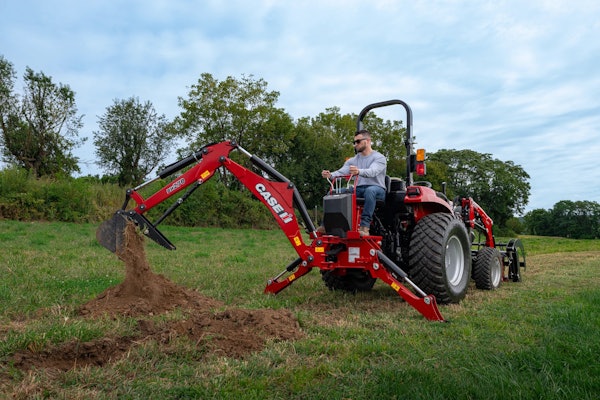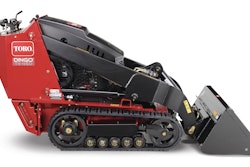 Alison Blobner
Alison BlobnerBy Alison Blobner
Remember Cheers? This sitcom about a bar kept us company for more than a decade in the late eighties and early nineties. If you’re like me, you loved tuning into the weekly antics of Coach, Sam, Diane, Carla, Cliff and Norm.
There were other characters who sauntered into that place where everybody knows your name in the later seasons, but for the purposes of illustration, let’s stick to the originals.
Why on earth did an unassuming show about a Boston bar resonate so far and wide for eleven years and over two hundred and seventy episodes? Maybe because it struck a chord and stirred a need, one most people share: the need to be recognized and appreciated for who we are and what we contribute. The stories playing themselves out each week on the small screen may have been fictional, but the sentiments that inspired them were all too real and all too familiar.
In the earliest days of human history, millennia before the words cathode ray tube and LED-backlit LCDs found their way into our lexicons, our very survival depended on our ability to contribute to the clan or risk being left behind.
These days, our literal survival may not depend on our skill at taking down a mammoth or starting a fire with two sticks, but the need to meaningfully contribute and be recognized and appreciated for our contributions remains largely unchanged.
Whether we’re sitting on a barstool or planting a flower bed, we’re all human. Sadly, though, the human element is often the one that is most quickly sacrificed in the race to the top. You’re in business to be profitable, but at what cost? If you’re not careful, one your business can’t afford to pay. According to an article in the Huffington Post, the loss of an employee from today’s emerging workforce can cost a company in excess of two times that team member’s salary (you can read more here).
So, how do you keep your valuable team members from racing for the proverbial revolving door and preserve the vibrant, healthy culture so vital to the health, longevity and profitability of your business? You begin by doing three things.
Remember when
Once upon a time, you were that emerging worker. The memories of that time may be fuzzier than the picture on a console TV without an antenna, but you do yourself and your team members a disservice if you don’t take the time to think back.
Being intentional about mentally revisiting your earliest days in the workforce can sometimes be all it takes to remind you how perilous the terrain is for your team members, especially the younger ones. Way back when, you had difficult bosses, tight deadlines, blisters on your feet, calluses on your hands and a hungry bank account.
You, like those in your charge, had hopes, dreams, aspirations and goals. If you can smooth out the path even a bit for your team members, you make their journeys a little less treacherous. When you show your employees that you are deeply and genuinely invested in their success, largely because you remember what it was like to be in their shoes, you foster a culture that values effort.
You create a safe place for your team members to learn, grow, and yes, make mistakes. When they fall – and they will from time to time – you extend a gracious hand, help them to their feet, brush the dust off their shoulders and give them a gentle nudge forward. Let’s be honest — don’t you wish you had that on your own journey? Consider yourself fortunate indeed if you were one of the lucky few who did!
Mentor, mentor, mentor
Whether they show it or not, your team members crave your validation and encouragement. They also crave – and need – your guidance. When you make yourself available as a willing mentor for your team members, you unequivocally demonstrate your commitment to their growth.
The healthiest cultures are those in which every person feels supported and clearly knows the expectations and responsibilities of their roles. Our prehistoric hunter-gatherer ancestors learned this early on, and evidence of it can still be seen today in the animal kingdom.
In elephant herds, for example, the oldest show the way for the younger members of the herd. In fact, according to one in-depth study of leadership among diverse animal species, researchers found that those that took into account the demands of whole groups and those with experience served as the best leaders (more on that here).
It might be refreshing to know that it is your experience, even more than your intelligence or aptitude in a certain area, that proves most beneficial when mentoring your teams. This means you don’t have to be afraid to step in and share that experience in ways that authentically help your team members to grow in their roles, redirecting them as needed and offering healthy doses of genuine praise and encouragement along the way.
Follow up
I know it’s probably mostly psychological, but I know I feel special and valued when a doctor I’ve visited thinks enough to follow up with me after an appointment. This demonstrates to me that the doctor is serious about my health and well-being.
In the same way, your team members feel supported when you take the time to regularly follow up with them to do what are known in the medical world as well checks — regular quick visits that let them know you haven’t forgotten about them and that you are serious about their success in their roles.
These well checks also help you gauge the effectiveness of your mentoring efforts and diagnose areas where further mentoring is needed. Early in your relationship with them, your team members may feel primarily accountable to you, but as time goes on, they will learn to be increasingly more accountable to themselves and the other members of the team.
It is this deep, abiding accountability to self and others and the trust that accompanies it that serve as the cornerstone of a strong, healthy, dynamic, thriving internal culture. Simply put, the greater the trust, the stronger the team. The stronger the team, the healthier the business.
Making your way in the world today takes everything you’ve got. Come to think of it, it’s always been that way. It doesn’t take much to ensure your business remains a place people will always be glad they came, and the results trickle all the way down to the bottom line.
EDITOR’S NOTE: Alison Blobner is the director of marketing and sales for LandOpt. She focuses on regional growth with LandOpt’s existing licensee base.









